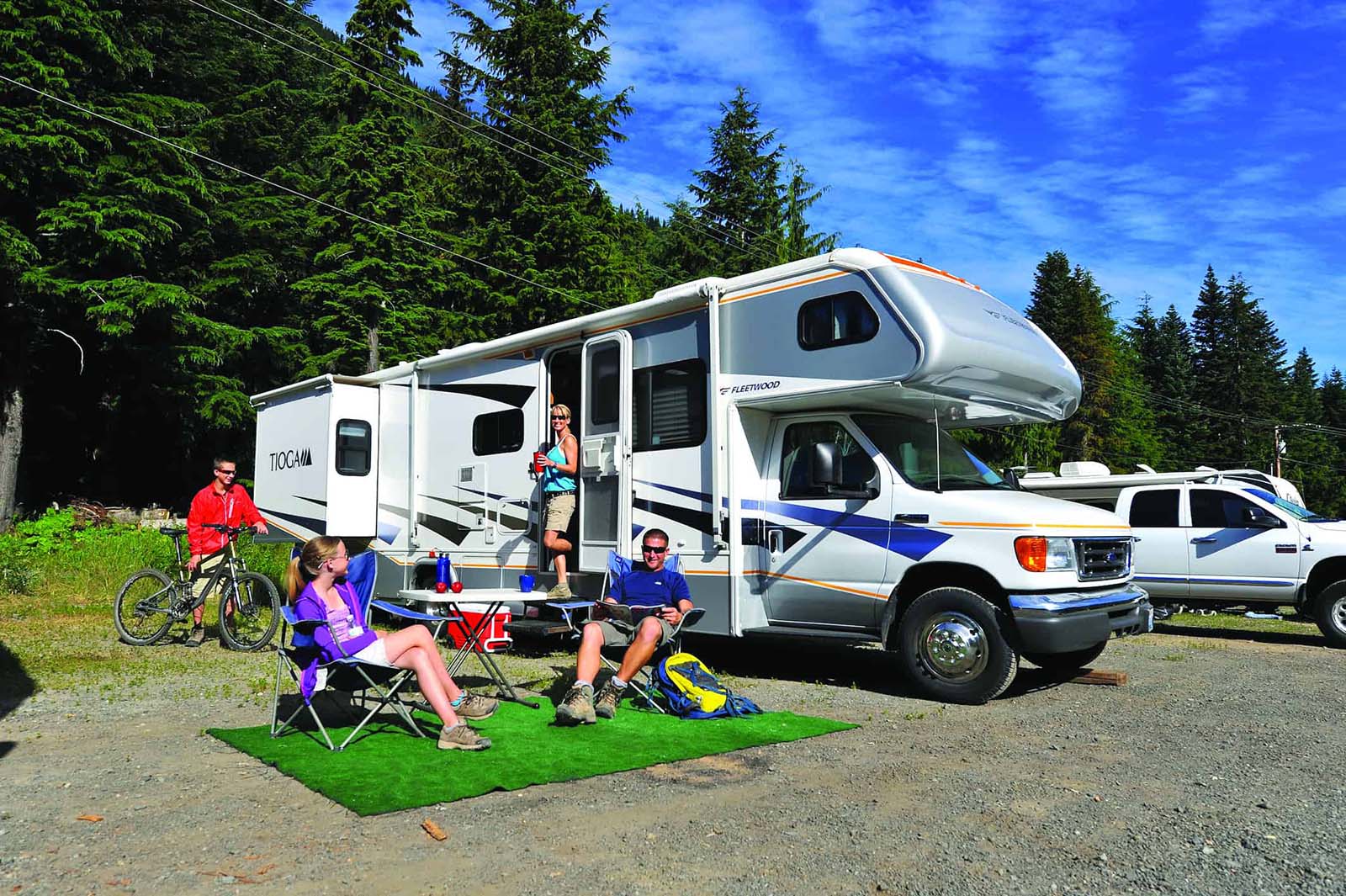Google SEO rules state that content should be informative, relevant, and follow proper formatting guidelines. In this article, we will discuss the size of batteries needed for RVs. Let’s begin with the H2 tags.

The Importance of Choosing the Right Battery Size for Your RV
1. Understanding Your Power Needs
When determining the size of the battery you need for your RV, it’s essential to understand your power requirements. Consider the appliances and equipment you will use regularly, such as air conditioning units, refrigerators, or entertainment systems. Make a list and estimate their power consumption, including their startup surges.2. Assessing Battery Capacity
Battery capacity is measured in ampere-hours (Ah). It represents the amount of electricity a battery can deliver consistently over a specific period. To calculate the battery capacity required for your RV, divide your daily energy usage by the discharge rate of the battery. It’s recommended to have a battery capacity that can meet your power needs for at least two or three days without charging.
3. Evaluating Battery Size and Voltage
The physical size and voltage of the battery also play a crucial role in your decision. RVs generally use deep-cycle batteries, which are designed to deliver consistent power over a prolonged period. The most commonly used battery voltages for RVs are 12V or 6V. Consider the available physical space in your RV’s battery compartment and ensure that the chosen battery size can fit appropriately.4. Deep-Cycle Battery Types
There are different types of deep-cycle batteries available for RVs – flooded lead-acid, absorbed glass mat (AGM), and lithium-ion batteries. Flooded lead-acid batteries are the most common and cost-effective option. AGM batteries, although more expensive, require less maintenance and are spill-proof. Lithium-ion batteries offer excellent performance, longer lifespan, and faster recharging but are more expensive upfront.5. Seeking Professional Advice
Choosing the right battery size for your RV can be a complex process. To ensure you make an informed decision, it’s best to seek advice from RV experts or professionals who specialize in batteries. They can assess your specific power needs, recommend the suitable battery capacity and type, and provide valuable insights on installation and maintenance.

